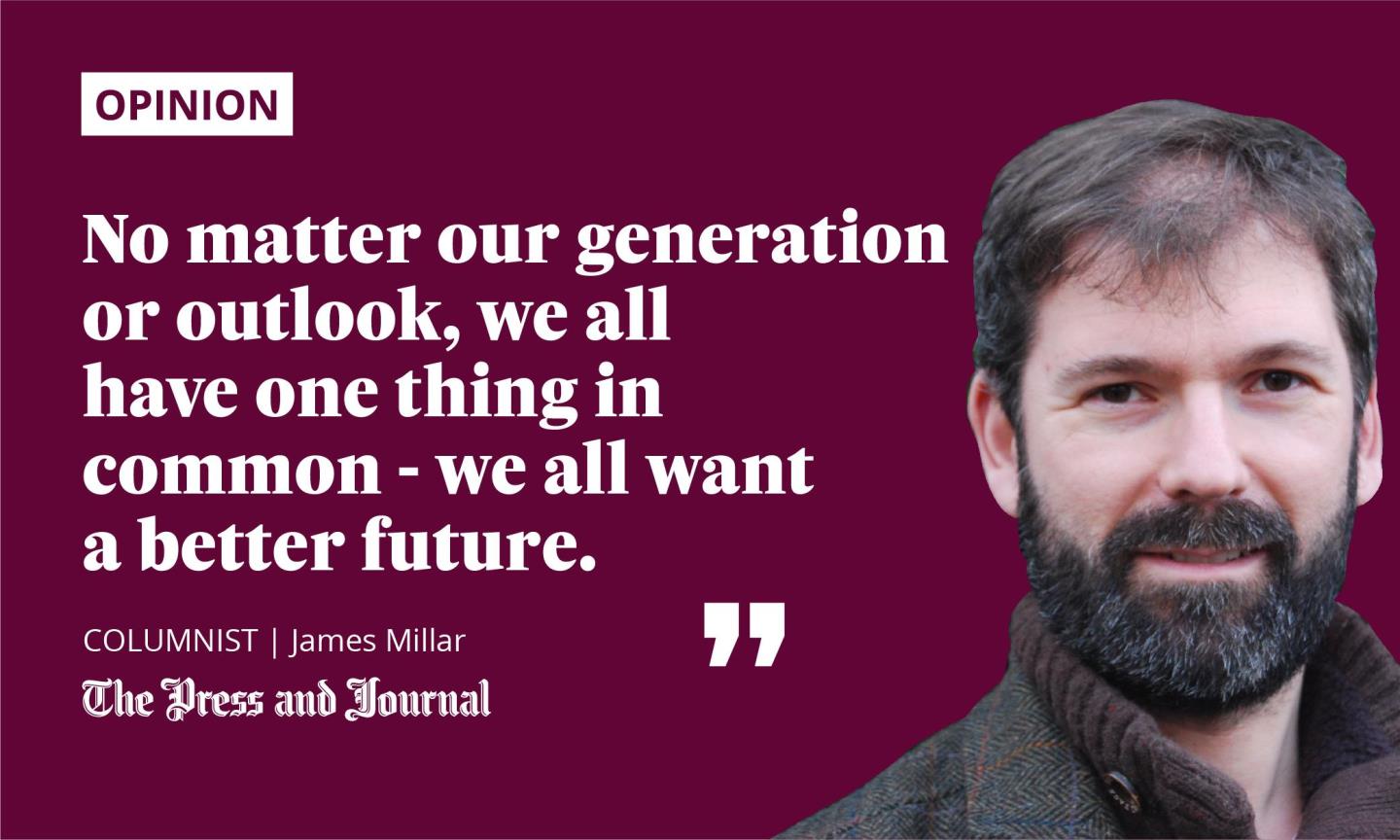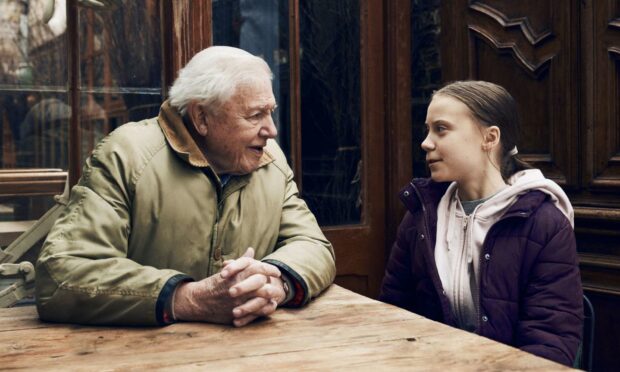Hopefully by now any argy-bargy that occurred over the Christmas dinner table will have subsided, assuaged either by seasonal goodwill or by alcohol-induced amnesia.
Pre-pandemic, the taste of turkey was often spoiled by bitter Brexit debates. It was the unavoidable topic at the table and a notoriously divisive one.
Now there is a new unavoidable subject in Covid. Any disagreement around it is fairly easily dealt with – if you ain’t getting vaccinated, you don’t get an invite to my table. But a theme of society and politics in recent years has been a degradation of discourse, an inability to disagree amicably, an unwillingness to see an opponent’s point of view.

Disinviting those you disagree with only makes the problem worse. A fraught or tense Christmas dinner featuring relatives only seen at this time of year is an opportunity to engage with views you maybe aren’t often exposed to. Even the beyond-the-pale jokes provide an exercise in determining the limits of freedom of speech.
Does when you’re born shape who you are?
This lull between Christmas and New Year is the time to take a breather and consider what matters, conjure with the big issues and to appreciate properly good Christmas presents. All themes brought together in one package I found under my tree.
I was gifted a book called Generations by Bobby Duffy, an academic at King’s College London who never appeared in Dallas (that was Patrick Duffy playing Bobby Ewing). It’s proved the perfect accompaniment to a whisky by the Christmas tree.
The question it asks is: “Does when you’re born shape who you are?” Inevitably, it’s complex.
In "The Generation Myth," Bobby Duffy offers a careful dissection of “generational thinking” that rejects lazy myths and superficial punditry in favor of a more nuanced analysis. “A lot of what you’ve been told is generational,” he writes, “in fact isn’t.” https://t.co/cVhOpk8hxp
— New York Times Books (@nytimesbooks) December 14, 2021
And yet, there is a simple message to it that could help improve our politics in 2022.
Think of those that sat around your Christmas dinner table – the Yessers and the unionists, the Brexiteers and the remoaners, the old and the young. No matter their generation or outlook, they all have one thing in common – they all want a better future.
If you know someone who openly yearns for a worse future then maybe cash them in for a new friend. Almost everyone will hear those midnight bells chime in a few days time and hope harder than they’ve ever hoped before for better times ahead.
Forget intergenerational strife and focus on fundamental truths
Duffy’s overarching message is to ignore the social media madness and the lazy commentary that seeks to pit millennials against baby boomers. Look at those lines of young people queuing for their booster jab this month in the full knowledge that the greatest benefit would go to the old folk spared deadly disease and tell me there’s friction across cohorts.
The pressing issue right now is not discord between the generations but a growing despondency across the entire age range
Intergenerational strife sounds a bit ridiculous when teenager Greta Thunberg is peddling the same message as David Attenborough, now nearly as old as the fossils he talks about on TV. Instead we ought to focus on fundamental truths and shared aspirations.
Discourse has become so toxic that just taking that small step and crediting your opponent with good intentions feels like a giant leap forward. From there, we really can build back better.
And it’s important that we do. For Bobby Duffy’s book is not some simplistic statement that we have more in common. Acknowledging that we all want a better world for future generations is one thing. Creating it is another. The pressing issue right now is not discord between the generations but a growing despondency across the entire age range.
It’s not too late
Each generation is better off than the last, but by ever decreasing margins. And with inequality getting out of hand, the process is going into reverse. Life expectancy may soon start to fall and, since so much money is locked up in wealth – property and stuff rather than earnings – the apparently inevitable march of prosperity may grind to a halt.
That’s a problem because when folk no longer believe their children and grandchildren can look forward to a better world, they start to question the whole system. And then they start exploring extreme solutions, like constitutional upheaval and following unlikely prophets who can’t brush their hair and wang on about Peppa Pig.
Redemption and renewal are shot through the festive season. As Bill Murray exhorts his audience at the end of the best Christmas movie of them all, Scrooged: “It’s not too late!”
Our politics, and our society, can be improved in 2022 if we treat it like the model Christmas dinner table. We respect freedom of speech and challenge different views constructively. We extend patience and charity to those with whom we disagree. And, whether we win round Auntie Elsie on independence or persuade Uncle Joe to get a Covid jab or not, at the end of it all we share a damn fine dram.
James Millar is a political commentator, author and a former Westminster correspondent for The Sunday Post


